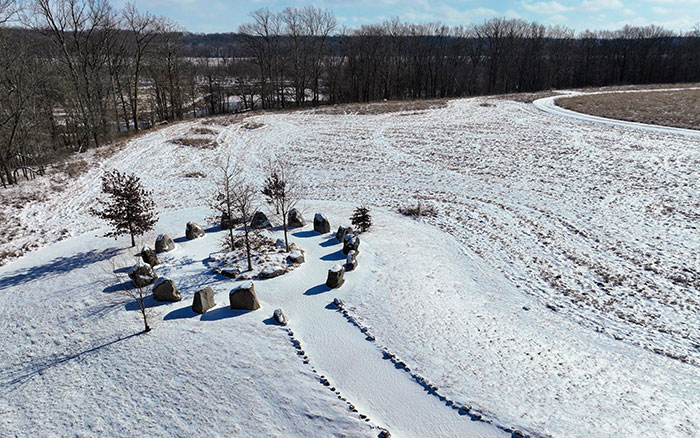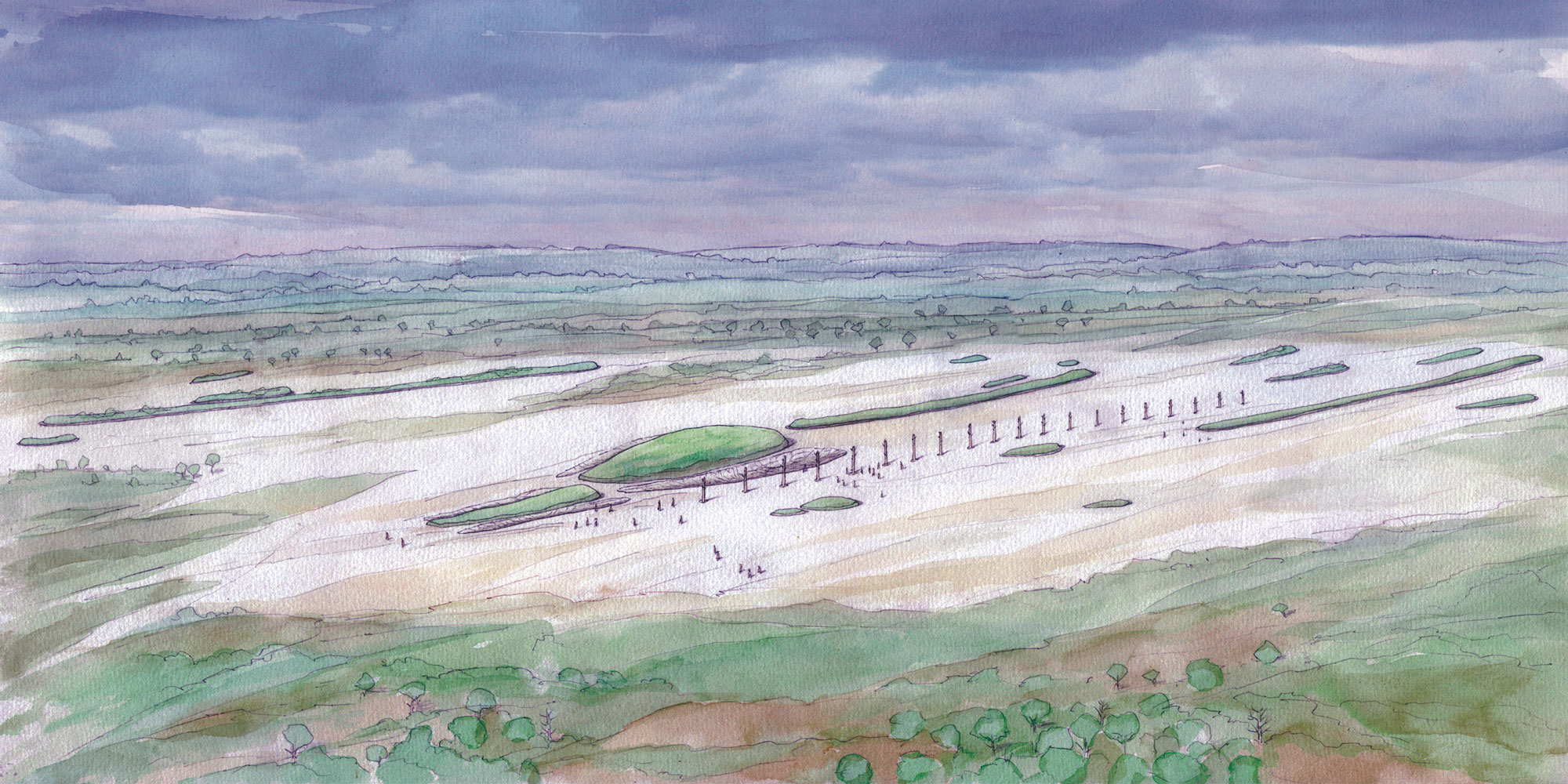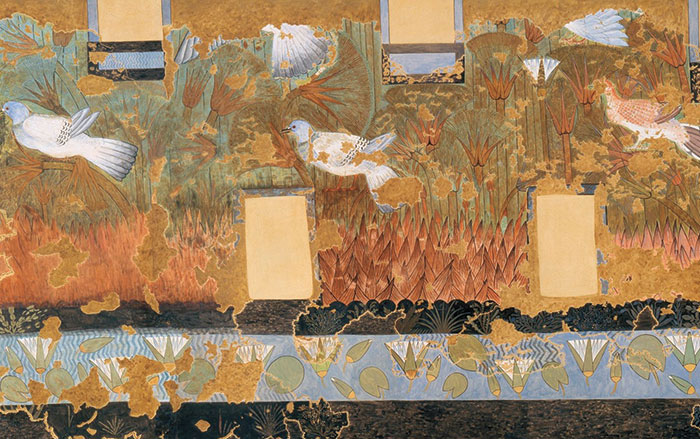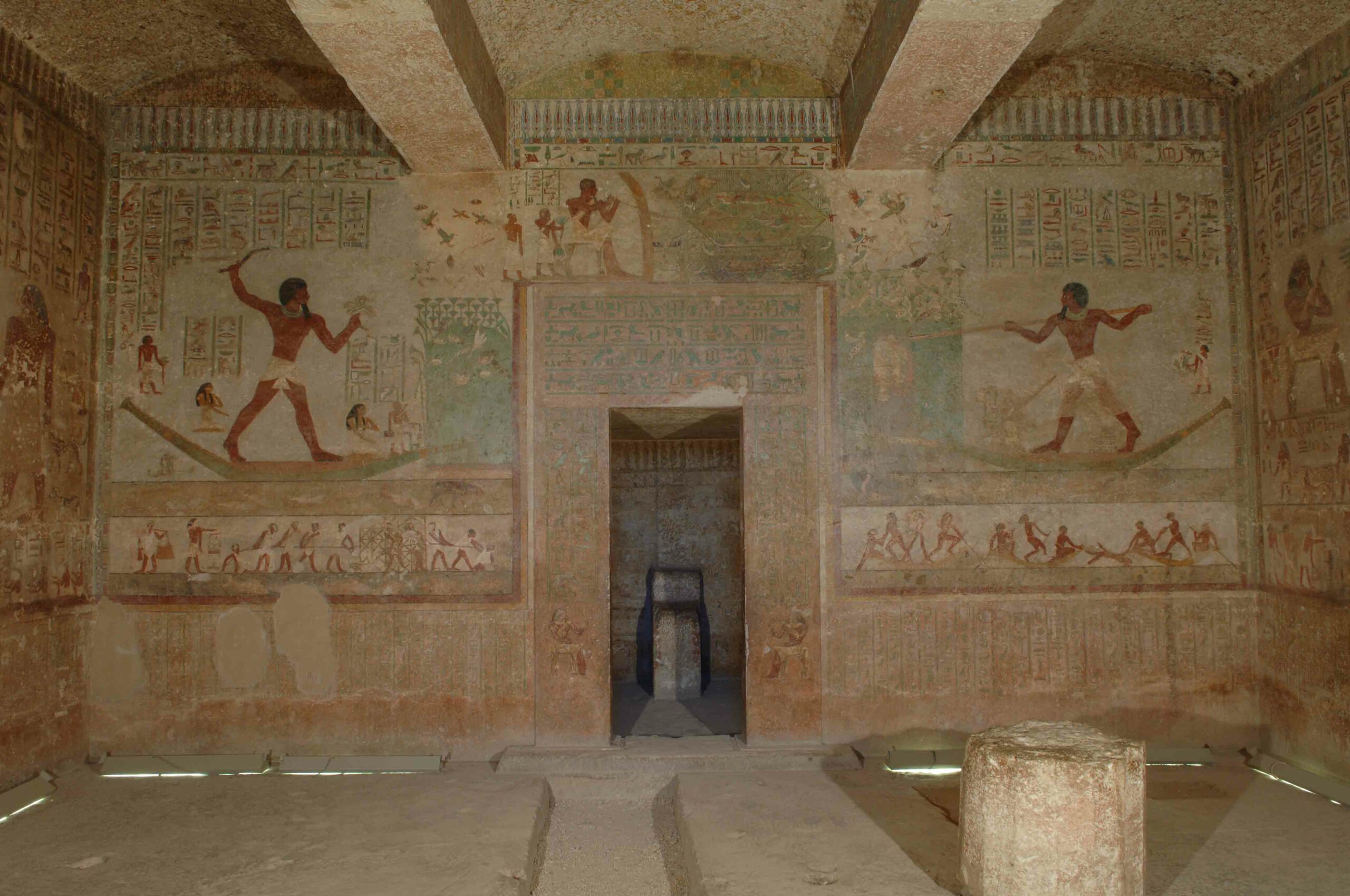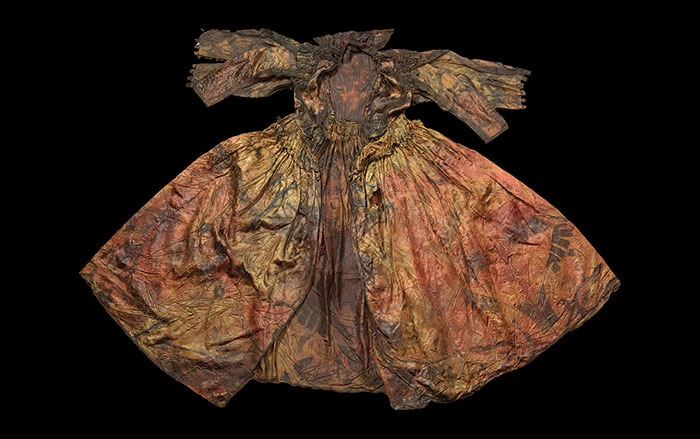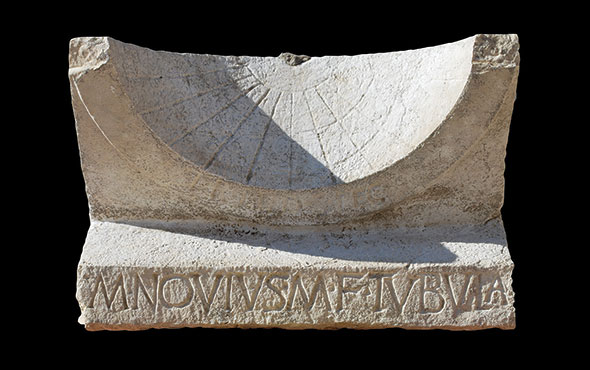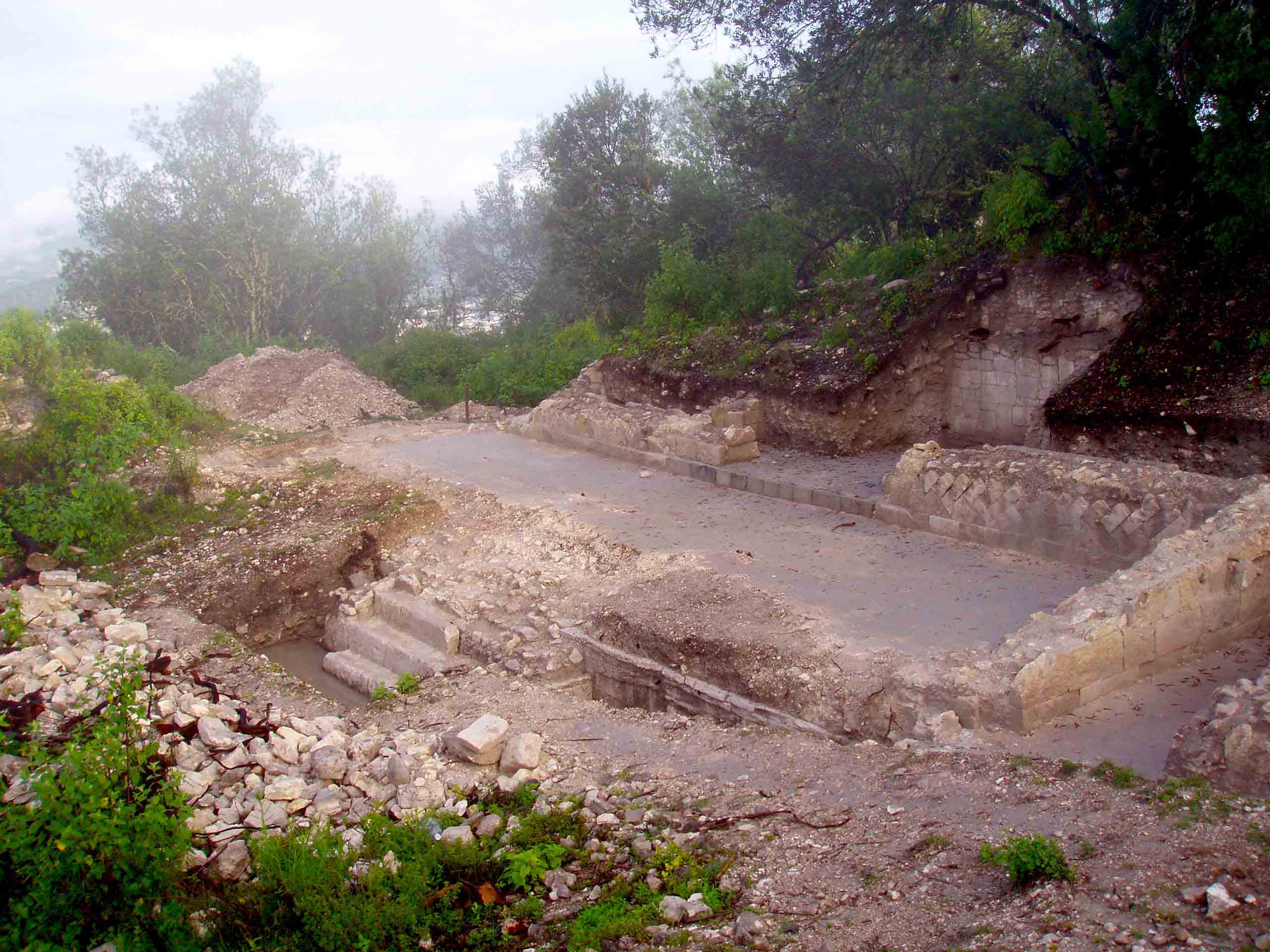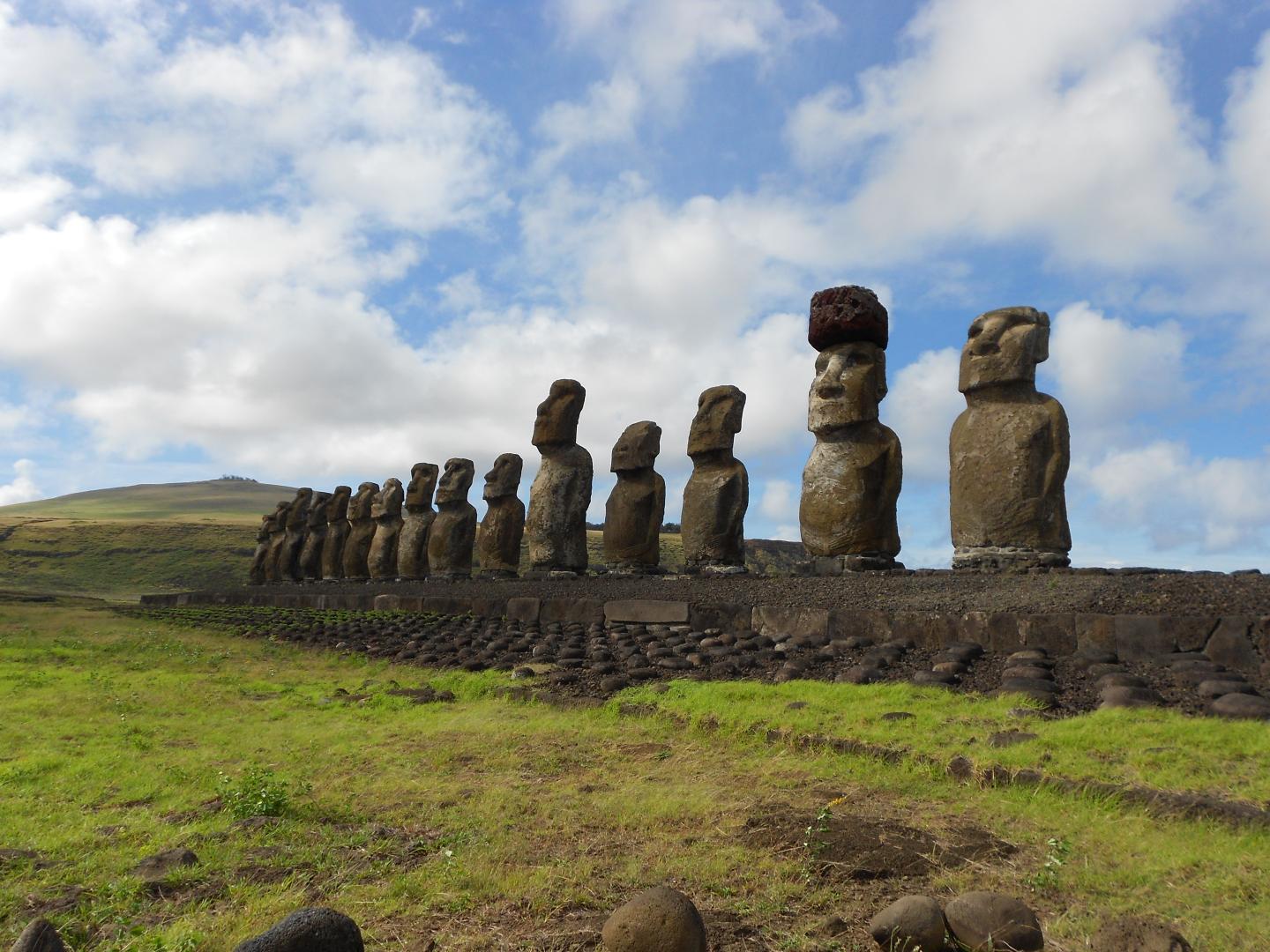
BINGHAMTON, NEW YORK—According to a Popular Science report, the Rapa Nui of Easter Island may have used ropes and ramps in a technique known as parbuckling to place 13-ton stone “hats” known as pukao on the heads of the island’s massive moai. Carl Lipo of Binghamton University and his colleagues created 3-D models of pukao based on photographs of them for the study. The researchers rejected the idea that the pukao were dragged or slid into place. Instead, they suggest a pukao would have been rolled from the quarry to the location of the moai, where a line was wrapped around it. The cylinder of the pukao was then pulled up a ramp to a platform at the top of the statue. They estimate it would have taken few resources and just 10 to 15 people to complete the job. Lipo also noted rocky debris around the statues may have been left behind from the construction of ramps. For more on Easter Island, go to “World Roundup: Chile.”


